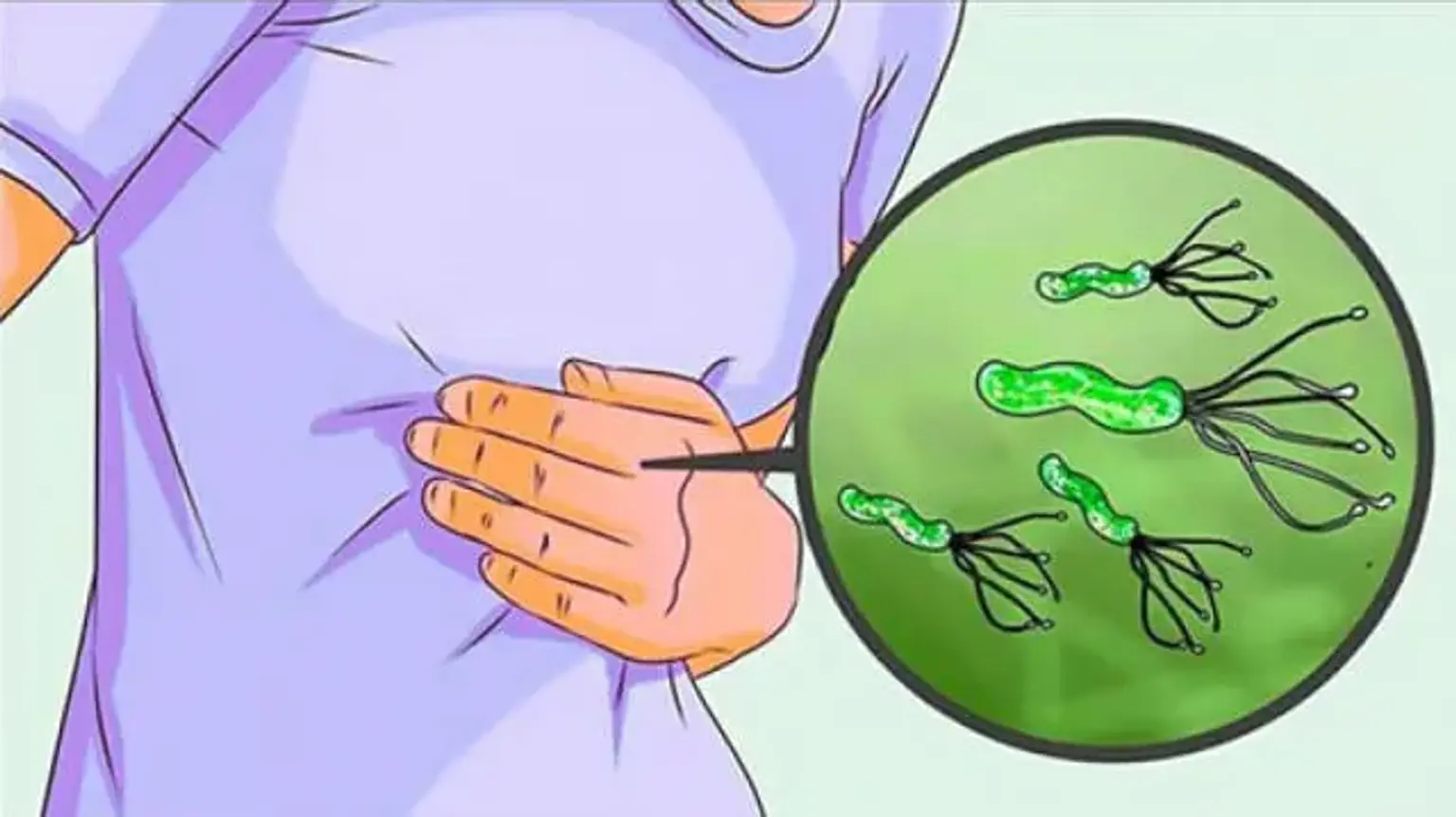Introduction
Helicobacter pylori is one of the most common bacterial infections worldwide, affecting millions of individuals regardless of age or geography. This spiral-shaped bacterium thrives in the acidic environment of the stomach, where it can cause significant health issues, including gastritis, peptic ulcers, and in severe cases, gastric cancer.
In Korea, H. pylori infection is particularly prevalent, with rates higher than the global average due to dietary and lifestyle factors. Understanding the symptoms, diagnosis, and treatment options is crucial for managing this infection and preventing complications. Early detection through H. pylori tests, combined with effective treatment strategies, ensures a higher likelihood of eradication and improved patient outcomes.
What is Helicobacter pylori?
Discovered in 1982, Helicobacter pylori has revolutionized our understanding of gastrointestinal diseases. Unlike other bacteria that cannot survive the stomach’s harsh acidity, H. pylori bacteria produce enzymes that neutralize stomach acid, enabling them to colonize the stomach lining.
Once established, these bacteria trigger an immune response that leads to inflammation and damage to the stomach’s protective lining. This process is often linked to gastritis, stomach ulcers, and, over time, an increased risk of gastric cancer. Despite its potential to cause severe complications, many people with H. pylori infection remain asymptomatic, making regular testing essential in high-risk populations like those in Korea.
